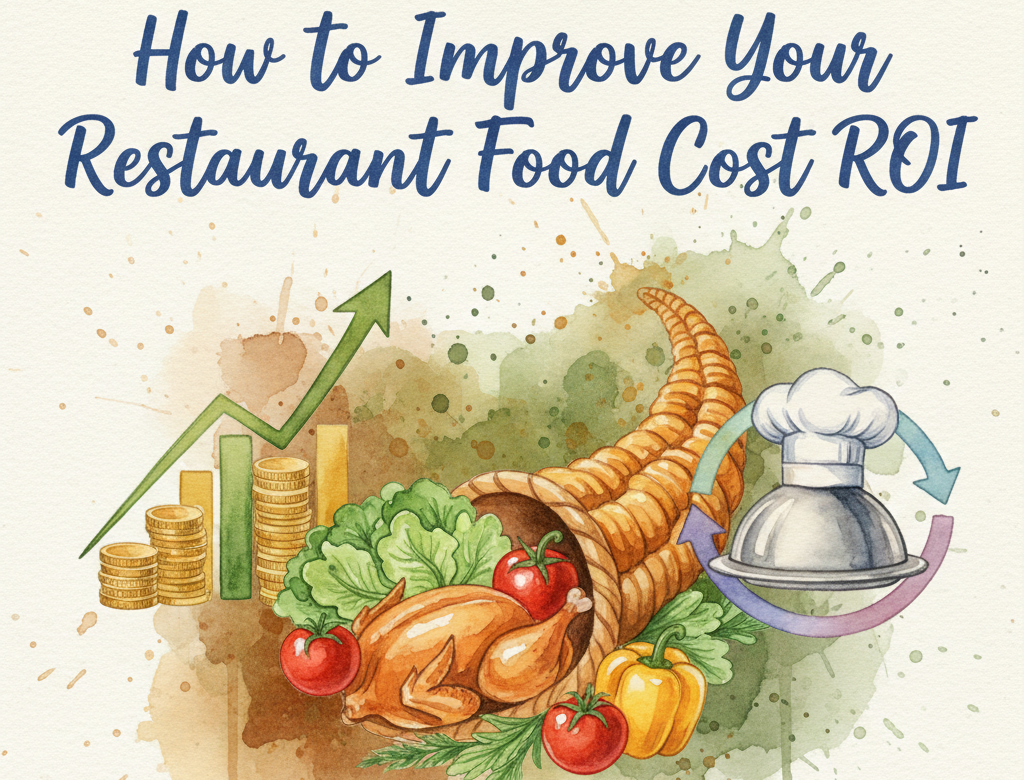Achieving success in the world of restaurants isn’t just about creating a great dining experience; it’s also about managing your restaurant’s finances effectively. One crucial aspect of this financial management is tax planning. But what exactly is tax planning, and why is it essential? In this blog post, we’ll break down the concept of tax planning for restaurants and lay the foundation for building a financially secure eatery.
Tax Planning Simplified:
Tax planning is like the strategic recipe that helps you minimize the amount of money you owe to the government in taxes while staying within the bounds of the law. It’s a way to ensure that you’re not paying more taxes than necessary and that you’re making the most of available tax benefits.
At its core, tax planning involves making informed financial decisions throughout the year to optimize your tax liability when it’s time to file your taxes. It’s like cooking with the right ingredients and techniques to create the best possible dish. In this case, the “dish” is your financial situation, and tax planning is about using the right strategies to keep more of your money in your pocket.
Why Tax Planning Matters for Your Restaurant
Tax planning isn’t just another chore to add to your restaurant management checklist; it’s a critical ingredient for your restaurant’s financial health and long-term success. Here’s why tax planning is a must for your eatery:
1. Lower Tax Bills:
Tax planning is your recipe for paying fewer taxes legally. By identifying deductions, credits, and exemptions that apply to your restaurant, you can significantly reduce your tax burden.
2. Improved Financial Management:
When you engage in tax planning, you gain a clearer picture of your restaurant’s financial health. You’ll know when and how much you need to pay in taxes, which helps you manage your finances better.
3. Increased Profit Margins:
Paying less in taxes means more money stays in your restaurant’s bank account. This directly boosts your profit margins, allowing you to reinvest in your business or reap higher rewards.
4. Compliance and Peace of Mind:
Tax planning goes hand-in-hand with tax compliance. By understanding and following tax laws, you avoid audits, penalties, and legal troubles, ensuring peace of mind.
5. Efficient Resource Allocation:
Funds that would have gone toward taxes can be allocated strategically. You can invest in restaurant improvements, such as upgrading equipment, renovating the dining area, or expanding your menu.
6. Seizing Investment Opportunities:
With reduced tax liabilities, you have more capital at your disposal. This can be used for investment in new ventures or opportunities, whether it’s opening new restaurant locations or exploring new markets.
Tax Planning Strategies for your Restaurant
1. Efficient Financial Record-Keeping:
- Start by establishing an organized system for maintaining financial records. You can use accounting software or create spreadsheets to track income and expenses.
- Regularly update your records. Dedicate time each week or month to input financial transactions, ensuring your financial overview stays current.
2. Expense Categorization:
- Categorize your expenses into tax-relevant categories. Create folders or labels for ingredients, staff salaries, rent, utilities, and other relevant costs.
- Ensure all receipts and invoices are correctly sorted into the respective categories. This systematic approach simplifies the process of claiming deductions.
3. Seek Professional Guidance:
- Consult with a tax professional who possesses expertise in the restaurant industry. They can provide tailored advice on tax planning strategies that align with your specific business goals.
- Share your current financial status and future plans for your restaurant to receive personalized advice and insights.
4. Utilize Accounting Software:
- Consider using accounting software designed for restaurants. These applications often feature tools that streamline tax planning and financial record-keeping.
- Many accounting software options generate reports that break down expenses into tax-deductible categories, simplifying preparation for tax season.
5. Set Up Reminders:
- Implement calendar reminders or alerts within your accounting software to keep track of essential financial dates. This includes tax deadlines, supplier payment due dates, and employee salary schedules.
- Timely reminders help prevent late payments, penalties, and the stress of managing last-minute financial tasks.
6. Regular Strategy Review:
- Stay vigilant about potential changes in tax laws and adapt your tax planning strategy accordingly. Schedule periodic meetings with your tax advisor to review your strategy.
- Ensure your strategy remains aligned with your restaurant’s financial objectives and responds to any alterations in tax regulations.
Your restaurant’s financial success depends on more than just the dishes you serve; it relies on the smart management of your money. Tax planning is like the secret ingredient that ensures your restaurant’s financial health.



